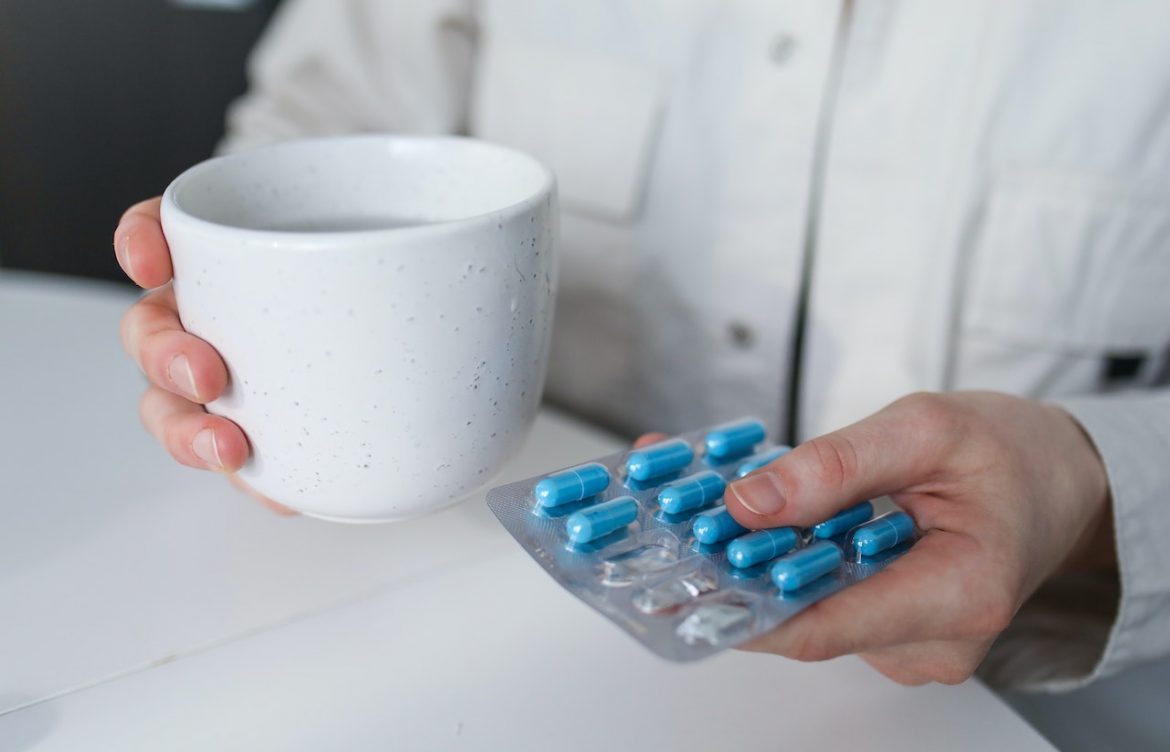
Are Iron Supplements Good for Health? Separating Fact from Fiction
The Role of Iron in Health
Iron, an essential mineral, plays a vital role in the functioning of our bodies. It’s responsible for carrying oxygen in our blood, aiding in energy production, and supporting a healthy immune system. However, the question often arises: are iron supplements good for health, or can they do more harm than good? In this exploration, we aim to separate fact from fiction and provide you with a clearer understanding of the role of iron supplements in your well-being.

The Importance of Iron
Iron is undeniably crucial for health. It’s a key component of hemoglobin, the protein in red blood cells that carries oxygen from our lungs to the rest of our bodies. Without enough iron, our cells don’t get the oxygen they need, leading to fatigue and weakness. Iron is also involved in the production of collagen, the formation of neurotransmitters, and the function of our immune system. Simply put, it’s indispensable.
When Iron Deficiency Strikes
Iron deficiency is a common concern, especially among certain demographics like pregnant women, athletes, and vegetarians. When our bodies don’t get enough iron through dietary sources, it can lead to iron-deficiency anemia. Symptoms include fatigue, pale skin, cold hands and feet, and an increased susceptibility to infections. In such cases, iron supplements can be a game-changer.
The Role of Iron Supplements
Iron supplements are designed to provide the body with the iron it needs to function optimally. They come in various forms, including ferrous sulfate, ferrous fumarate, and ferrous gluconate. These supplements are often prescribed by healthcare professionals when dietary sources alone can’t meet the body’s iron requirements.
The Controversy Surrounding Iron Supplements
While iron supplements are incredibly beneficial for those with iron deficiencies, their indiscriminate use can lead to controversy. Some argue that excessive iron intake can have adverse effects, including constipation, nausea, and even organ damage. It’s important to note that such adverse effects typically occur when iron supplements are taken in excess or without a medical need.
Determining the Right Dosage

The right dosage of iron supplements is highly individualized and should be determined by a healthcare provider. Taking too much iron can indeed lead to negative consequences, but when taken in the correct dosage, iron supplements are generally safe and effective. Your healthcare provider will consider factors like your age, gender, diet, and medical history before recommending an appropriate dosage.
Iron from Food vs. Supplements
Many people wonder if they can get enough iron from their diet alone, rendering supplements unnecessary. It’s true that a balanced diet rich in iron sources like lean meats, poultry, fish, beans, and fortified cereals can provide sufficient iron for most individuals. However, there are situations where dietary iron alone might not suffice. Pregnant women, for instance, have increased iron needs due to the growing fetus, making supplements beneficial.
The Risk of Iron Overload
One of the primary concerns associated with iron supplements is the risk of iron overload, a condition known as hemochromatosis. This occurs when the body stores too much iron, which can eventually lead to organ damage. However, it’s essential to emphasize that iron overload is relatively rare and typically occurs in individuals with a genetic predisposition for it. Monitoring your iron levels through regular blood tests can help prevent this condition.
Combating Iron Deficiency Naturally
For those who prefer a natural approach, increasing dietary iron intake is an excellent way to combat iron deficiency. Foods like red meat, poultry, fish, beans, lentils, tofu, and fortified cereals are excellent sources of iron. Pairing iron-rich foods with vitamin C-rich foods can enhance iron absorption. However, it’s crucial to be patient; improving iron levels through diet alone can take time, which might not be feasible in cases of severe deficiency.
Conclusion: The Right Balance
In the grand debate of whether iron supplements are good for health, the answer lies in balance. Iron is undoubtedly essential for our well-being, and when a deficiency is diagnosed, supplements can be a lifesaver. However, taking iron supplements without a medical need or in excessive amounts can lead to complications. The key is to work in tandem with a healthcare provider who can assess your specific requirements and prescribe the right dosage.

So, are iron supplements good for health? When used wisely and under professional guidance, they can be a valuable tool in maintaining your health. The key, as with many aspects of well-being, is to strike the right balance.